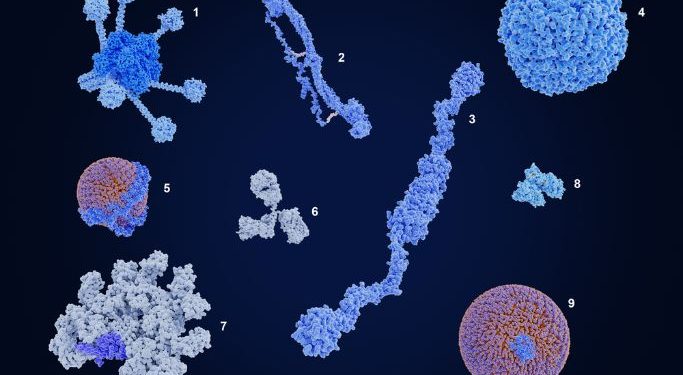When you get an infection, your body makes antibodies called immunoglobulins. These antibodies “remember” the germs you’ve been exposed to and attack them the next time they invade your body. Your body’s immune system needs IgG and IgM antibodies to protect you from infections.
IgG subclass deficiency is rare, but it can affect people of any age. Most people with this deficiency have recurrent ear and sinus infections and pneumonia, but other infections can occur as well.
Your healthcare provider can diagnose an IgG subclass deficiency by doing a blood test. They also can do a saliva or cerebrospinal fluid test.
There are other things that can cause low levels of immunoglobulin G, such as a genetic disorder or a disease that affects your body’s ability to make antibodies. Your doctor will probably order a blood test and other tests to find out what’s causing your symptoms.
The test is most likely to be done at a lab, but your doctor may suggest a different method of testing. It’s important to remember that different laboratories use different standards for what is normal, so your results could vary from one lab to another.
If you have low levels of IgG, your doctor might recommend a medication to boost the amount of these antibodies in your bloodstream. This is known as intravenous immunoglobulin replacement therapy (IVIG).

During this treatment, you’ll have an infusion of this antibody directly into your bloodstream. This will help your immune system fight off infections and improve your overall health.
You’ll need to see your doctor frequently for follow-up visits. It’s a good idea to bring someone with you to make sure you ask all the questions you have and to take notes during your visit.
Your doctor will talk about your symptoms and how to treat them. They’ll give you medications and other treatments to help control your symptoms. They might recommend infusions of immunoglobulins or shots of this antibody to boost your immunity.
In most cases, people with IgG subclass deficiency outgrow their condition as they grow older. But, in some people, their low levels of IgG can last a long time.
Some of the signs and symptoms of low immunoglobulin G include recurrent infections, fatigue, headaches, and joint pain. It can affect your quality of life and lead to depression, especially if you’re young.
IgG subclass deficiency can make your immune system less effective at fighting off infections and can also cause autoimmune disorders. Other symptoms can include recurrent episodes of bacterial meningitis or bloodstream infections called sepsis.
Fatigue, particularly if it’s severe, is one of the most common symptoms of IgG subclass deficiency. Studies have shown that patients with this type of deficiency are more susceptible to infections and have a higher risk of developing diabetes or cardiovascular disease.
If you have low levels of IgG, it’s important to tell your doctor about all of your symptoms and how they’re impacting your life. Your doctor will help you figure out how to treat them, so you can lead a happy, healthy life.









